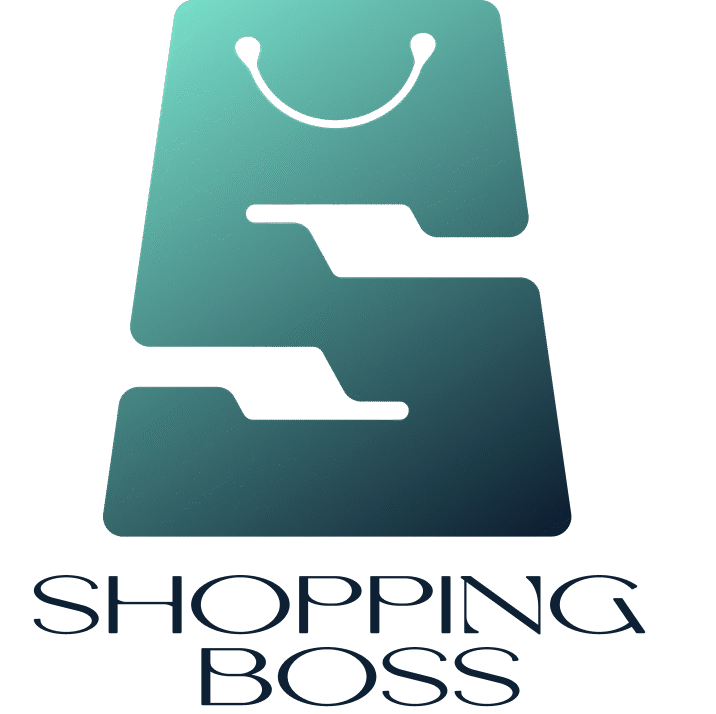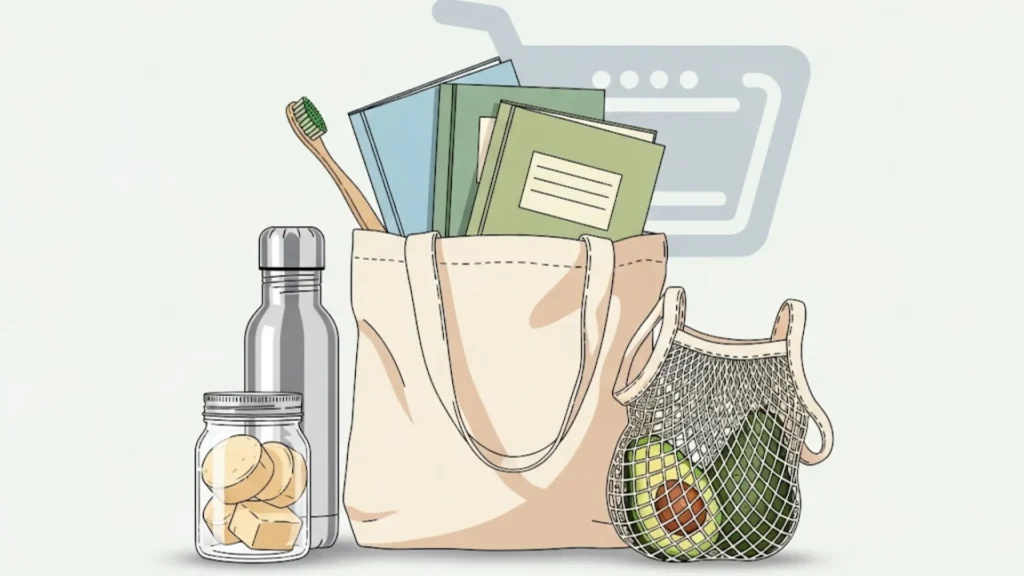If you’ve been wondering whether there’s real money in eco-friendly products or what the best eco-friendly products to sell online are? here’s some encouraging news. The global eco-friendly products market is projected to reach $692 billion by 2033, growing at nearly 7.7% annually. That’s genuine profit potential waiting for thoughtful entrepreneurs like you to explore.
Ever wonder why your environmentally conscious friends are willing to pay $15 for a bamboo toothbrush when they could get a plastic one for $2? It’s not just an advocacy for sustainability but a massive market shift that smart entrepreneurs are already capitalizing on. The market for eco-friendly products isn’t just growing; it’s expanding steadily as more consumers choose sustainable alternatives.
What Are Eco-Friendly Products? Understanding the Basics
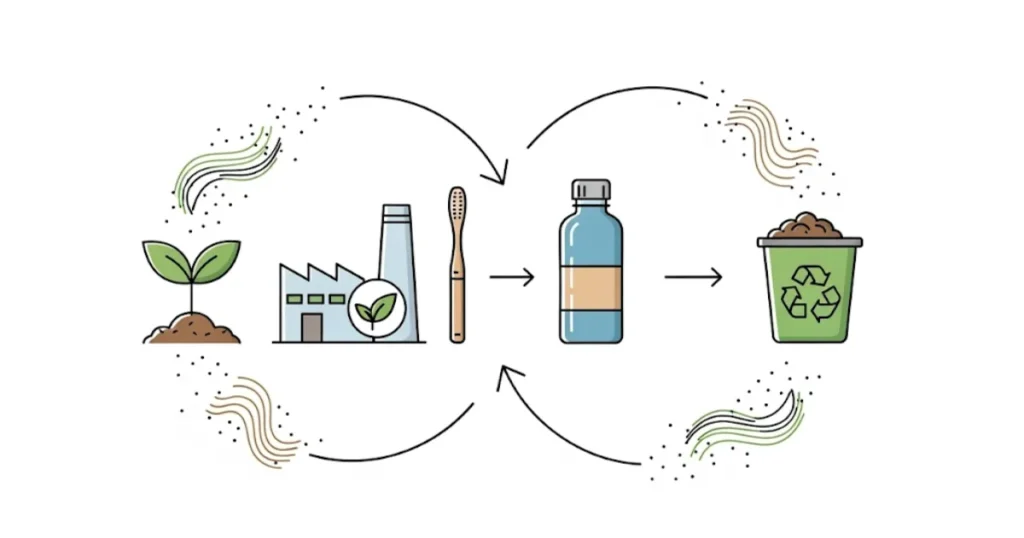
Before we proceed, let’s clarify what we mean by eco-friendly products. Simply put, these are items designed to have minimal negative impact on the environment and human health throughout their entire lifecycle.
How you know it’s eco-friendly; They’re
- typically made from renewable resources.
- use minimal packaging.
- require less energy to produce and
- can be recycled or composted at the end of their useful life.
They’re also called sustainable products, green products, or environmentally-friendly products. You’ll often hear these terms used interchangeably in the marketplace, so understanding that “eco-friendly,” “sustainable,” and “green” generally refer to the same environmentally conscious approach will help you navigate product research and marketing more effectively.
Why Eco-Friendly Products Present Great Business Opportunities
Understanding market trends can help you make informed business decisions. Today’s consumers, particularly millennials and Gen Z, increasingly prefer brands that align with their values rather than simply offering the lowest price.
Environmentally-friendly products often command premium pricing because consumers recognize their added value. People are willing to invest more in items that make them feel good about their purchases while solving their daily problems.
The encouraging aspect for new entrepreneurs is that you don’t need advanced technical knowledge to succeed. You simply need to identify problems people face in their daily routines and find sustainable alternatives that work better or feel better to use.
Eco-Friendly Personal Care and Beauty Products That People Use Daily

This category represents some of the most promising opportunities because personal care items are purchased regularly. Eco friendly products used in daily life in this category have proven track records and loyal customer bases.
Consider the items people use every morning and evening. When you can offer the same functionality with sustainable materials, you’re providing genuine value. Here are some popular options:
- Bamboo toothbrushes and biodegradable toothbrush heads
- Solid shampoo and conditioner bars that eliminate plastic bottles
- Reusable makeup remover pads made from organic cotton
- Natural deodorants in refillable containers
- Organic skincare products with minimal packaging
- Metal razors with replaceable blades
- Coconut oil-based soaps and cleansers
Eco-Friendly Kitchen and Home Essentials for Everyday Living

Home products offer excellent opportunities because they’re practical, visible to guests, and often become conversation starters. Sustainable products for daily use in the kitchen and around the house provide endless possibilities for creative entrepreneurs.
The beauty of home products lies in their practicality. When friends visit and notice someone using beeswax wraps instead of plastic wrap, that creates natural word-of-mouth marketing. Popular items in this category include:
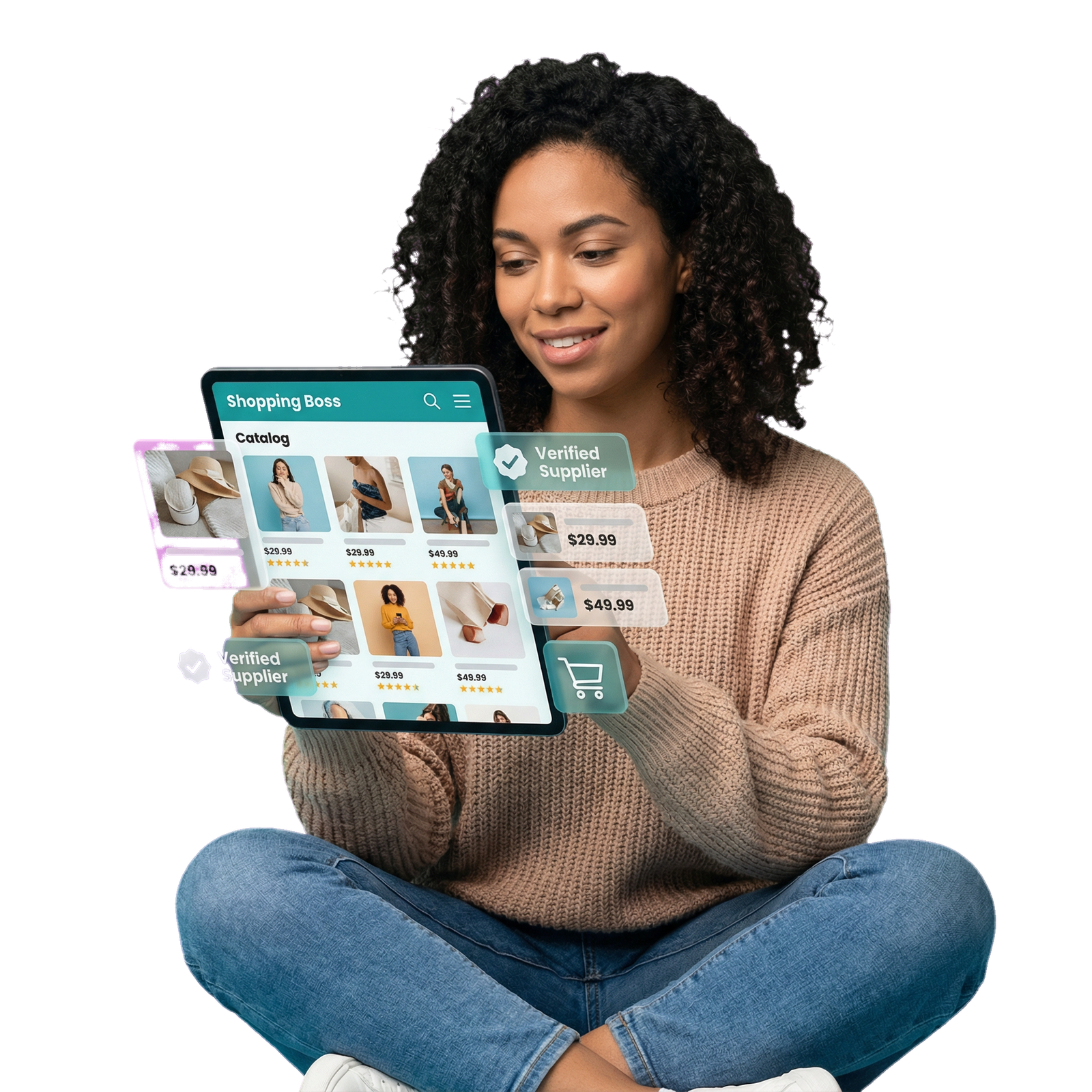
- Beeswax food wraps as plastic wrap alternatives
- Bamboo kitchen utensils and cutting boards
- Reusable silicone food storage bags
- Compostable cleaning supplies and detergents
- Solar-powered home gadgets and lanterns
- Organic cotton towels and linens
- Coconut shell bowls and natural fiber placemats
- Erasable notebooks that reduce paper waste
Eco-Friendly Fashion and Accessories with Style and Conscience

The fashion industry’s environmental impact has motivated many consumers to seek alternatives, creating opportunities for eco-friendly product brands that combine style with sustainability.
From organic cotton basics to accessories made from recycled materials, this category allows you to combine environmental consciousness with personal expression. Consider these popular options:
- Organic cotton clothing basics and activewear
- Bags and accessories made from recycled materials
- Sustainable jewelry crafted from recycled metals
- Hemp-based products like wallets and backpacks
- Wooden toys as alternatives to plastic options
- Sustainable sunglasses made from bamboo or recycled plastic
Eco-Friendly Tech Accessories and Modern Solutions
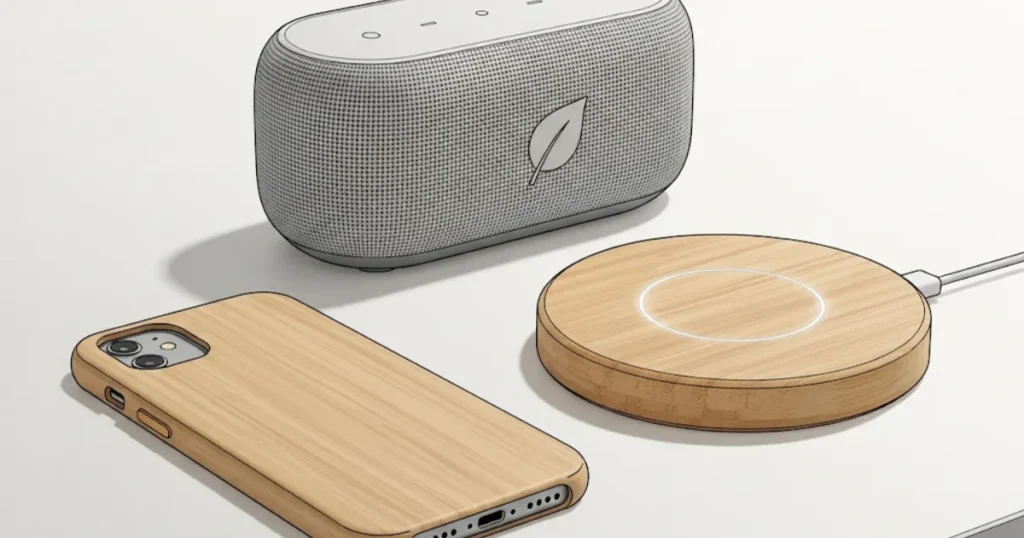
Technology and sustainability make excellent partners when consumers want to maintain their digital lifestyle while reducing environmental impact. The best eco friendly products in demand often combine daily tech needs with environmental responsibility.
Everyone owns phones, laptops, or tablets that need accessories. When you can offer similar functionality using sustainable materials, you’re meeting genuine needs. Popular technology products include:
- Solar-powered chargers and power banks for outdoor use
- Compostable phone accessories and cases
- Recycled plastic laptop sleeves and bags
- Bamboo wireless charging stations and desk organizers
- Eco-friendly cable organizers and tech storage
- Solar lanterns and outdoor lighting solutions
Eco-Friendly Fitness and Outdoor Products for Active Lifestyles
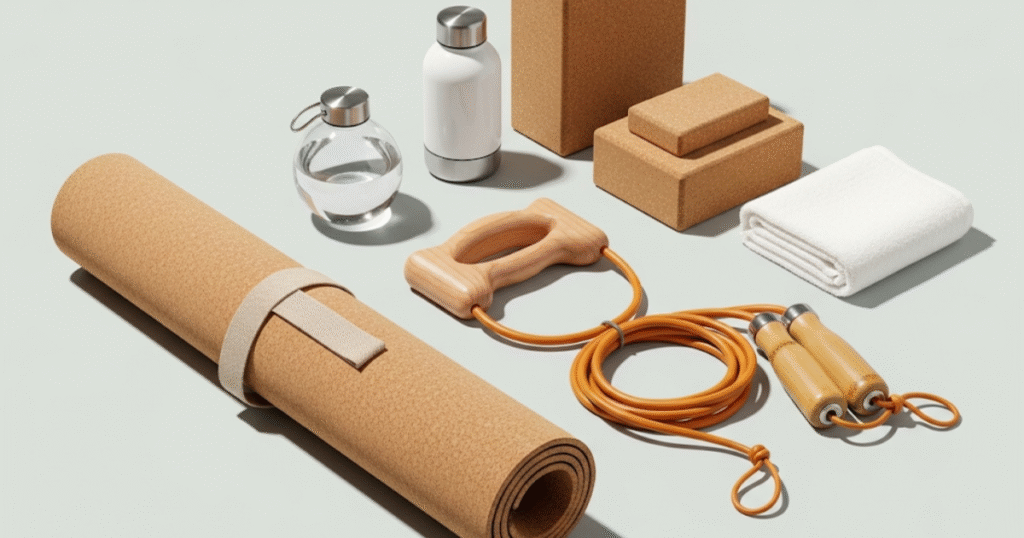
The fitness industry has embraced sustainability as people prioritize both personal health and environmental responsibility. This category often commands premium pricing because quality matters during physical activity.
Active consumers understand that workout gear needs to perform reliably, which justifies higher prices for quality sustainable materials. Consider these options:
- Bamboo water bottles with advanced filtration systems
- Sustainable camping and hiking gear
- Eco-friendly sports equipment and accessories
- Metal straws as plastic alternatives
- Eco-friendly yoga mats made from natural rubber or cork
- Recycled activewear and sportswear
Smart Sourcing and Business Considerations
Finding reliable suppliers requires more research than conventional products, but the extra effort pays off through better profit margins and customer loyalty. Start by verifying certifications and understanding supply chains to ensure your suppliers genuinely share environmental values.
Always request samples before committing to large orders. You need to personally verify that quality matches environmental claims, and testing helps you understand how to position products effectively.
Generally, sustainable products support profit margins between 40-60%, compared to 20-40% for conventional items. The higher margins help offset potentially smaller initial sales volumes while you build your customer base.
Building Authentic Relationships with Eco-Conscious Customers
Marketing eco-friendly products requires authentic storytelling that connects your business mission with customer values. Your customers aren’t just buying products; they’re supporting a vision of positive change.
Focus on educational content that helps customers understand the environmental impact of their choices. Create comparison guides, sustainability tips, and behind-the-scenes content showing your supply chain. Social proof through customer testimonials about both product quality and environmental benefits works particularly well.
Content marketing through platforms like Pinterest and Instagram often performs better than traditional advertising for sustainable products. People prefer discovering eco-friendly brands organically rather than feeling marketed to.
Conclusion: Your Sustainable Business Journey Begins Here
The market for eco-friendly products to sell online offers genuine opportunities, from bamboo toothbrushes to solar chargers. Success comes from choosing quality products that solve real problems, understanding what makes items truly sustainable, and connecting authentically with environmentally conscious customers.
Remember the key points: start with products you understand, verify supplier certifications, focus on daily-use items, and price based on value rather than cost. Whether you choose personal care items, kitchen essentials, or tech accessories, the growing demand for sustainable alternatives supports profitable businesses.
Ready to turn your interest in sustainability into a profitable online business? At Shopinbos, we help first-time entrepreneurs navigate the eCommerce world with confidence and clarity. From identifying profitable products to setting up your online store, we provide the beginner-friendly guidance you need to succeed.
Visit Shopinbos today and let us simplify your journey to building a sustainable, profitable business.
FAQs About Selling Eco-Friendly Products Online
Do eco-friendly products really sell better than conventional alternatives?
Research shows 73% of global consumers would change their consumption habits to reduce environmental impact, creating strong demand for genuine sustainable products. Success depends on product quality and authentic marketing.
What’s the best platform to start selling eco-friendly products?
Platform choice depends on your specific products and audience. Etsy works well for handmade items, Amazon reaches mass markets, and Shopify offers complete control for building brand-focused stores.
How do I verify that my suppliers are truly eco-friendly?
Look for third-party certifications, request detailed manufacturing process information, ask for facility documentation, and consider supplier visits when possible. Reputable sustainable suppliers will welcome transparency.
Can I start an eco-friendly product business with a limited budget?
Absolutely! Start with one product category, consider drop shipping or small inventory orders, and reinvest profits to expand. Many successful sustainable brands started with modest initial investments under $1,000.
